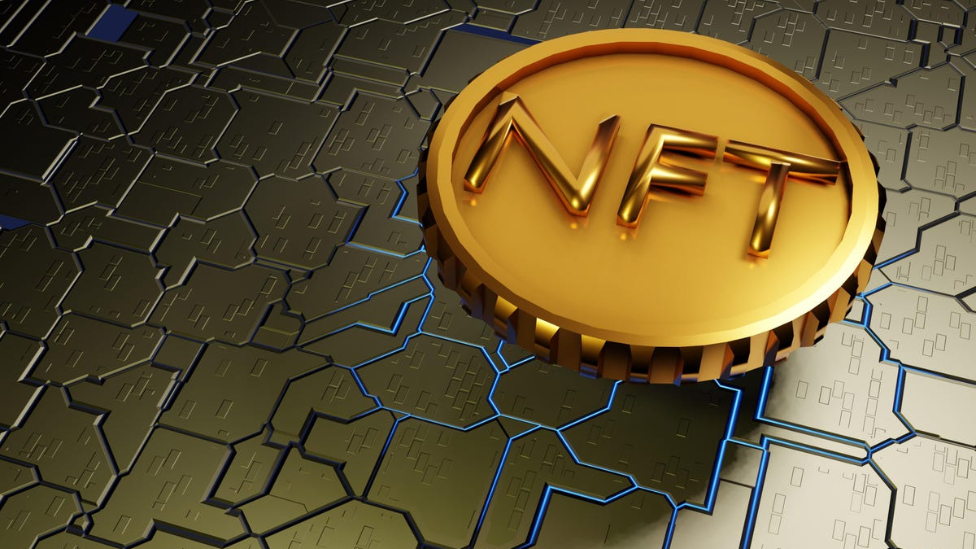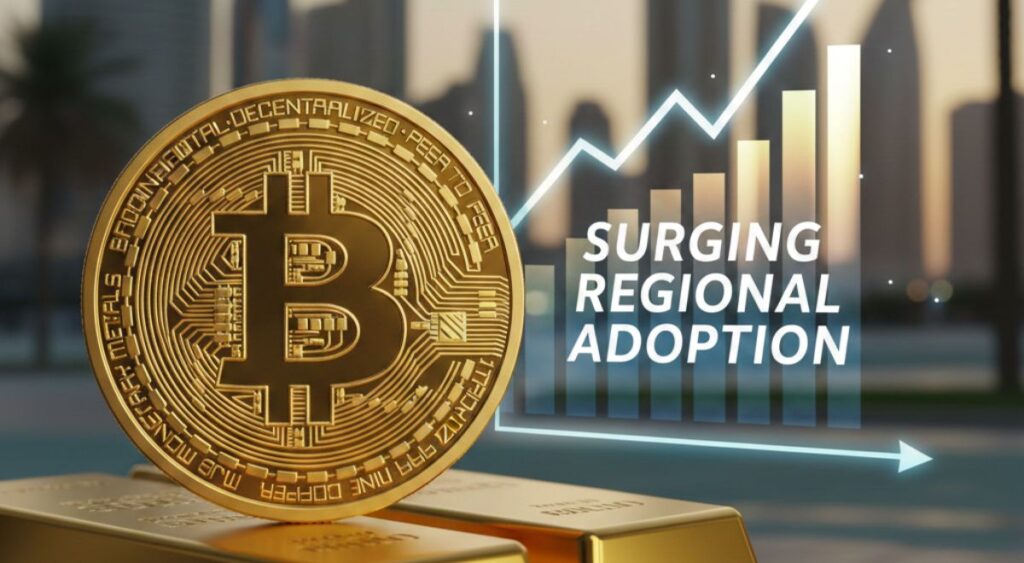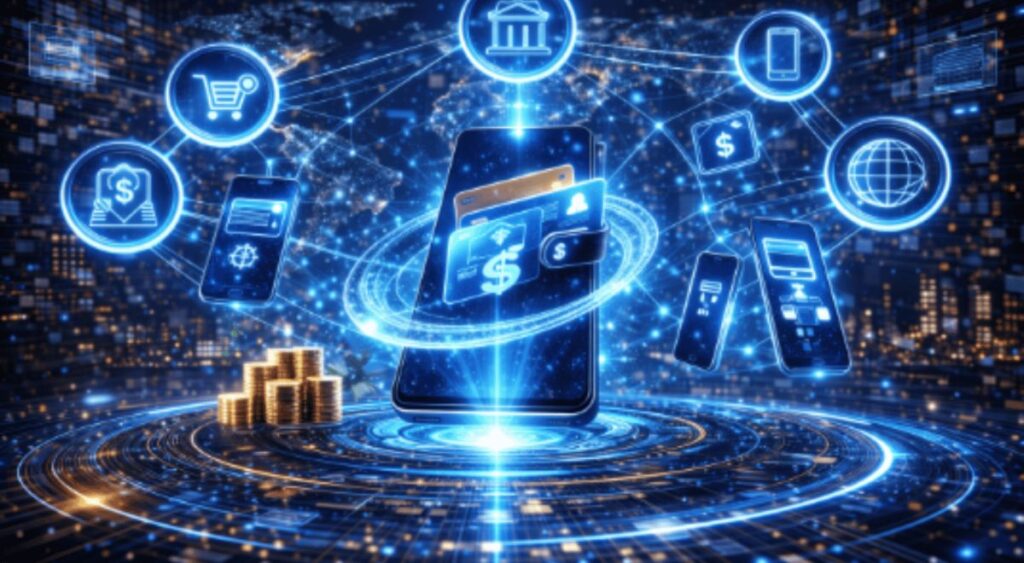In the digital world we live in now, the idea of personal branding is changing, and NFTs are at the center of this change. As the digital world gets more connected, people are coming up with creative ways to stand out, and NFTs are proving to be useful tools for building and expressing their digital identities.
NFTs And The Transformation Of Digital Identity
Personal branding, which used to be only associated with entrepreneurs and professionals, has become more widespread. People from all walks of life realize the importance of maintaining a unique digital identity in an age where online presence is highly crucial.
Facebook, Instagram, and other social (web2) or email channels are probably where most people today understand what a modern “digital identity” is. They are, after all, our digital communication platforms, so that would make sense. However, although many differences exist between web2 applications like social media and web3 applications like blockchain and NFTs, the concept of “ownership” is what stands out the most.
People get ownership of everything when they individually amass NFTs or join a brand’s ecosystem. On the other hand, although web2 social media allows users to converse and develop online personas, they still engage with a centralized offering. In terms of the structure of a blockchain, there is no such thing; everything is decentralized.
Blockchain-based digital identity is made up of apps and tokens (in this example, NFTs), which are controlled and fully owned by the consumer and may be used to participate in decentralized brand communities. This makes it very useful in branding.
NFTs are demonstrating their versatility as personal branding tools. How, you could be wondering? Well, NFTs let people create unique digital identities that are more than just profiles because they show ownership and validity. As digital artifacts connect with audiences, these tokens capture creative expression and interests.
NFTs’ appeal stems from their capacity to give users control of their digital assets. Thanks to this ownership, creators can exhibit their work without worrying about plagiarism, which generates a sense of authenticity.
Nonetheless, the process of establishing a personal brand using NFTs requires careful and deliberate planning. Nowadays, people can create NFTs that represent their accomplishments, artwork, etc. Once they create NFTs, they can display them on NFT marketplaces, allowing their supporters and fans to participate. NFTs possess a remarkable quality that guarantees the authenticity of the digital identity they represent.
With the fast-paced advancement of technology and the increasing adoption of blockchain, NFT-based personal branding is on the verge of experiencing further transformation. For instance, the incorporation of augmented reality, virtual reality, and Web3 technologies has the potential to change the way people engage with their digital identities.
Takeaways
NFTs fundamentally alter how people create, verify, and use their online personas. It is opening up a new era of digital engagement where authenticity and exclusivity are upheld by the standardization, security, and personal branding options provided by NFT-based identities.
















